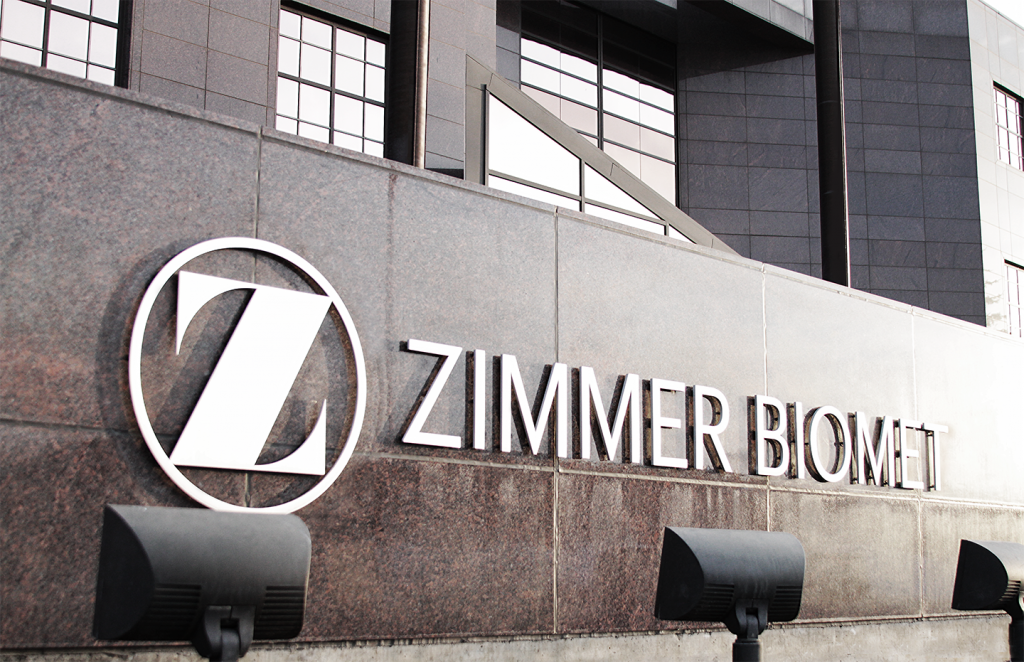Zimmer Biomet (NYSE:ZBH), a medical device manufacturer headquartered in Indiana, Warsaw, has received FDA clearance for the company’s first ever 3D printed spinal implant.
The new titanium Zyston Strut has achieved 510(k) Clearance from the agency, meaning that it is “at least as safe and effective” as equivalent devices already available, and ready for distribution.
The news is incredibly encouraging for the 3D printing industry as Zimmer Biomet with 2017 revenue of $7.824 billion is a well-established medtech company.

Maximum osseointegration
In recent years, orthopedics has witnessed a boom in to market 3D printed products.
For the spine, Emerging Implant Technologies GmbH (EIT), K2M, SI-BONE and Stryker are just a handful of the companies that have recently received clearance for their 3D printed devices.
And from interviews with orthopedic surgeons such as Dr. Bruno Gobbato in Brazil, it is clear that there is a firm belief in the potential of 3D printing.
According to Rebecca Whitney, General Manager of Zimmer Biomet’s Spine division, one of the main benefits of 3D printing is osseointegration;
“The Zyston Strut Open Titanium Spacer is manufactured using a 3D printing process, which allows us to create a unique cage architecture that maximizes graft volume prior to implantation.”
The perfect balance
Dr. Frank Schwab, Chief of Spine Service at NYC’s Hospital for Special Surgery (HSS) is a regular customer of Zimmer Biomet’s products, and has been consulted for his views in light of the new clearance.

“The Zyston Strut open titanium interbody spacer system is available in straight and curved profiles and is uniquely designed to provide surgeons with an option that optimizes the balance of strength and graft capacity in spinal fusion cases,” says Dr. Schwab.
The Zystrum Strut is part of an entire system from Zimmer Biomet including surgical instruments and implant removal tools. The company also previously received clearance a 3D printed ankle implant using OsseoTi technology, and has been distributing 3D printed polymer products for Oxford Performance Materials since 2015.
Dr. Schwab concludes, “I have worked with a variety of Zimmer Biomet’s spine products and am looking forward to offering my fusion patients this latest innovation.”
Sign up to the 3D Printing Industry newsletter, follow us on Twitter and like us on Facebook for regular digests of all the latest stories in medical, dental, aerospace and automotive.
For new opportunities, sign up to 3D Printing Jobs. Employers, post a job now to reach new specialist candidates.
Featured image shows visual for Zimmer Biomet’s 3D printed OsseoTi technology. Image via Zimmer Biomet



